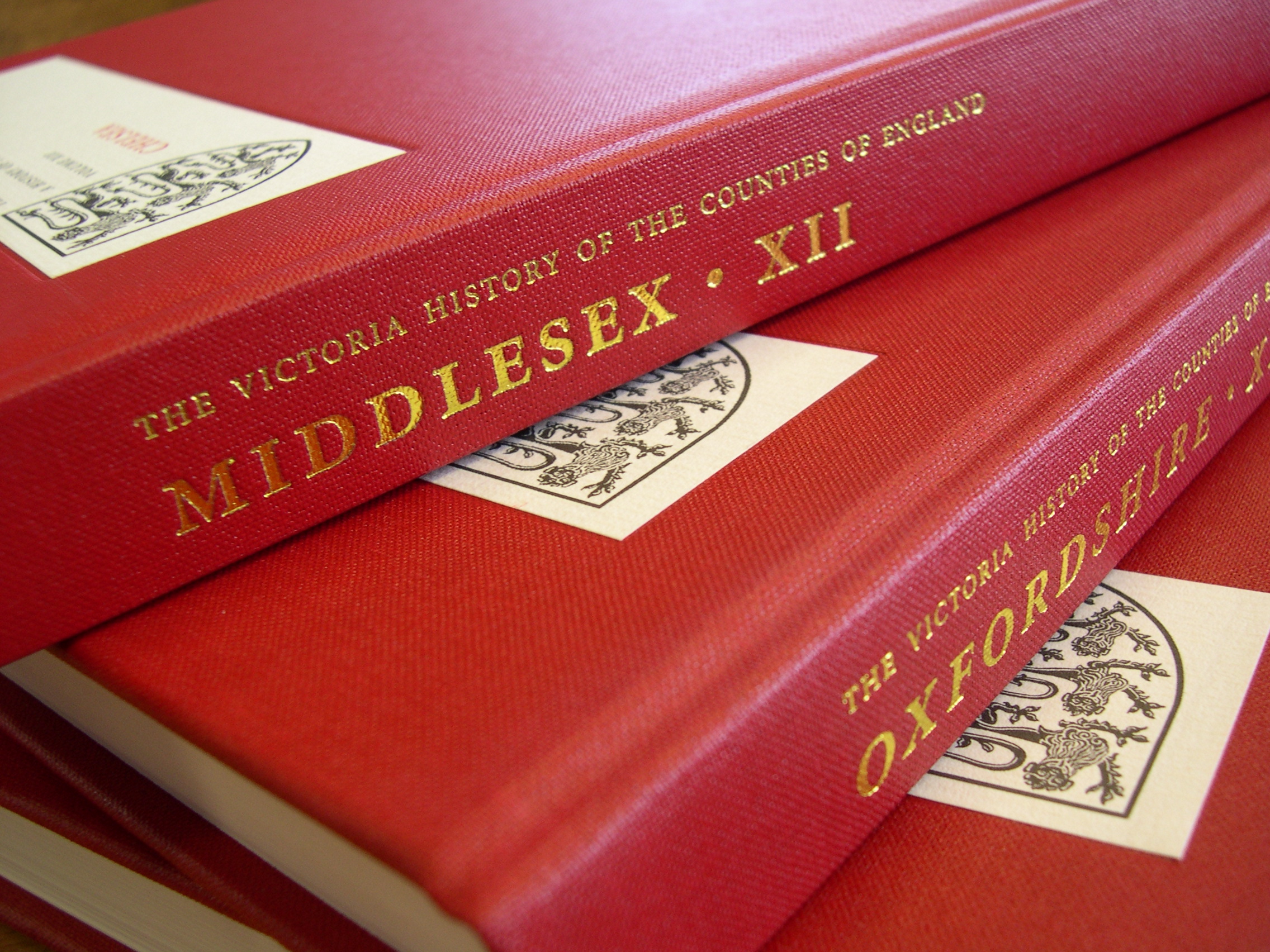 The Victoria County History (VCH) project, which publishes historical reference works on English counties and is coordinated by the School of Advanced Study’s Institute of Historical Research, is to get an internationally respected new Director and General Editor.
The Victoria County History (VCH) project, which publishes historical reference works on English counties and is coordinated by the School of Advanced Study’s Institute of Historical Research, is to get an internationally respected new Director and General Editor.
Part of the University of London, the VCH welcomes the appointment of Richard Hoyle, currently Professor of Rural History at the University of Reading. He takes up his position on 1 October as Professor of English Local and Regional History.
With its scholarly volumes based on original research, the VCH is an important resource not only for county and local historians but also for anyone researching genealogy and family history. As a leading economic and social historian of early modern England, Professor Hoyle brings a wealth of erudition and experience to an initiative that has been built into a national treasure over 115 years and is without parallel.
‘I have long been an admirer of the Victoria County History, which in many respects is the English national history,’ said Professor Hoyle. ‘I look forwards to maintaining both the principles of the founding fathers and the standards achieved by their successors. Under my direction I hope that VCH will continue to offer its readers the very best of the old whilst accepting new challenges. I am very much looking forwards to getting to know the VCH family over the next few months.’
Professor Hoyle has written extensively on the political history of the 16th century but is probably best known as a historian of the economic and social history of many aspects of the English countryside, with publications on subjects as varied as the history of tenure and popular politics in the 16th and early 17th centuries, early modern famine and 19th and 20th century field sports.
He retains a strong interest in the history of northern England, especially the history and landscape of his native Yorkshire.
He is a Fellow of the Academy of Social Sciences and is the long-serving senior editor of Agricultural History Review, the leading English language journal in the field. He is also President of the European Rural History Organization (EURHO).
Professor Miles Taylor, Director of the Institute of Historical Research, said: ‘I am delighted that Richard Hoyle is coming to lead the Victoria County History. He has few rivals as a prolific and original scholar of the social and economic history of rural Britain. He will bring distinction and leadership to the VCH and ensure its remarkable work develops and expands.’
Notes for editors:
1. For further information please contact Dee Burn at the School of Advanced Study, University of London at dee.burn@sas.ac.uk / 020 7862 8670 / 07900 401 240. Images available on request.
2. Founded in 1899, the Victoria County History (VCH) was originally dedicated to Queen Victoria. It is an encyclopedic record of England’s places and people from earliest times to the present day. Based at the Institute of Historical Research in the University of London since 1933, the VCH is written by historians working in counties across England and is without doubt the greatest publishing project in English history. www.victoriacountyhistory.ac.uk
3. The Institute of Historical Research (IHR), founded in 1921, is one of 10 member institutes of the School of Advanced Study, University of London. It is home to two important research centres and a major open access library, hosts over 60 seminar series and offers doctoral supervision in a wide range of historical subjects. It has a substantial publishing programme, hosts a number of innovative digital research projects, administers fellowships, runs specialist research training programmes and organises a variety of conferences and workshops each year. www.history.ac.uk
4. The School of Advanced Study (SAS) at the University of London is the UK’s national centre for the promotion and support of research in the humanities. The School brings together 10 prestigious research institutes to offer unparalleled academic opportunities, facilities and stimulation across a wide range of subject areas for the benefit of the national and international scholarly community. The member institutes of the School are the Institutes of Advanced Legal Studies, Classical Studies, Commonwealth Studies, English Studies, Historical Research, Latin American Studies, Modern Languages Research, Musical Research, Philosophy, and the Warburg Institute. The School also hosts a cross-disciplinary centre, the Human Rights Consortium, dedicated to the facilitation, promotion and dissemination of academic and policy work on human rights. www.sas.ac.uk
5. Professor Hoyle is a leading economic and social historian of early modern England, notably of rural society. He was previously a Research Fellow of Magdalen College Oxford, taught for a period at the University of Bristol and has held chairs at the Universities of Central Lancashire and Reading. In 2004-6 he was a British Academy Research Fellow. He is also respected for the contribution he has made to Tudor political history, in particular to the history of the 1520s and 1530s, for his work on popular politics, on taxation and public finance, and the history of the North of England. In the first months of 2014 he was a visiting research fellow at the Folger Shakespeare Library, Washington DC, where he took the opportunity to write about one of rural England’s mythical inhabitants, Robin Hood.

